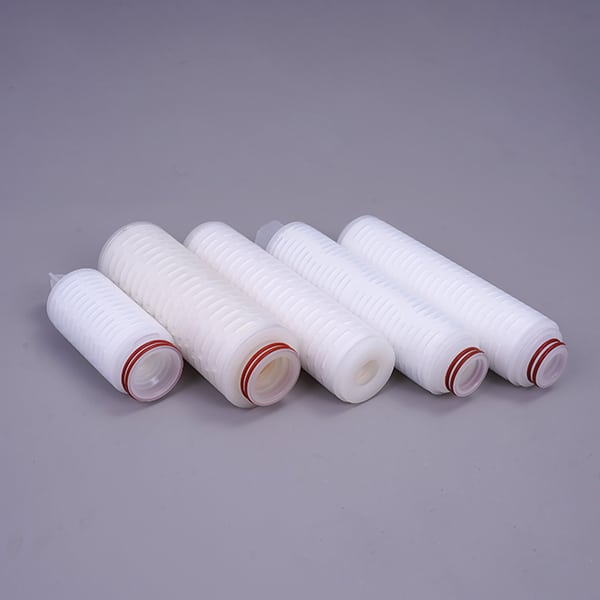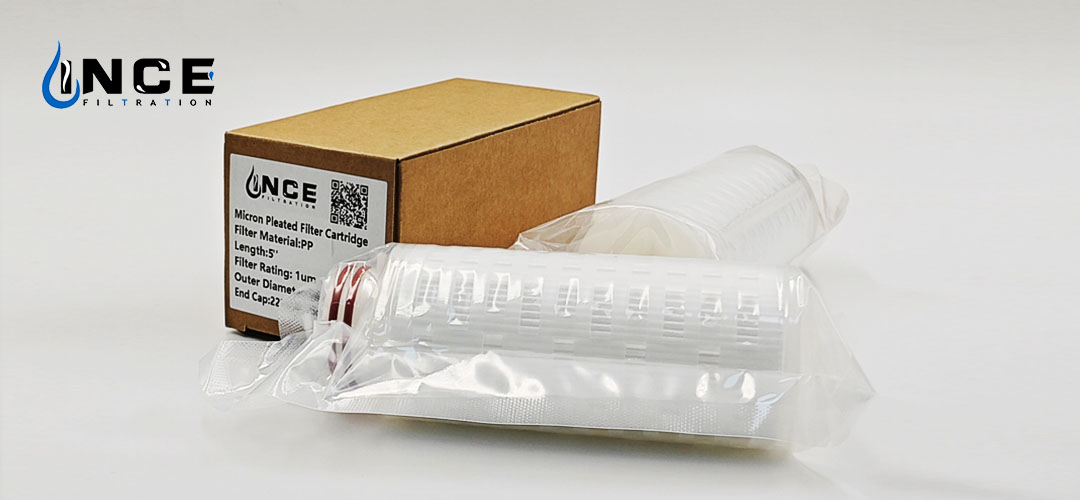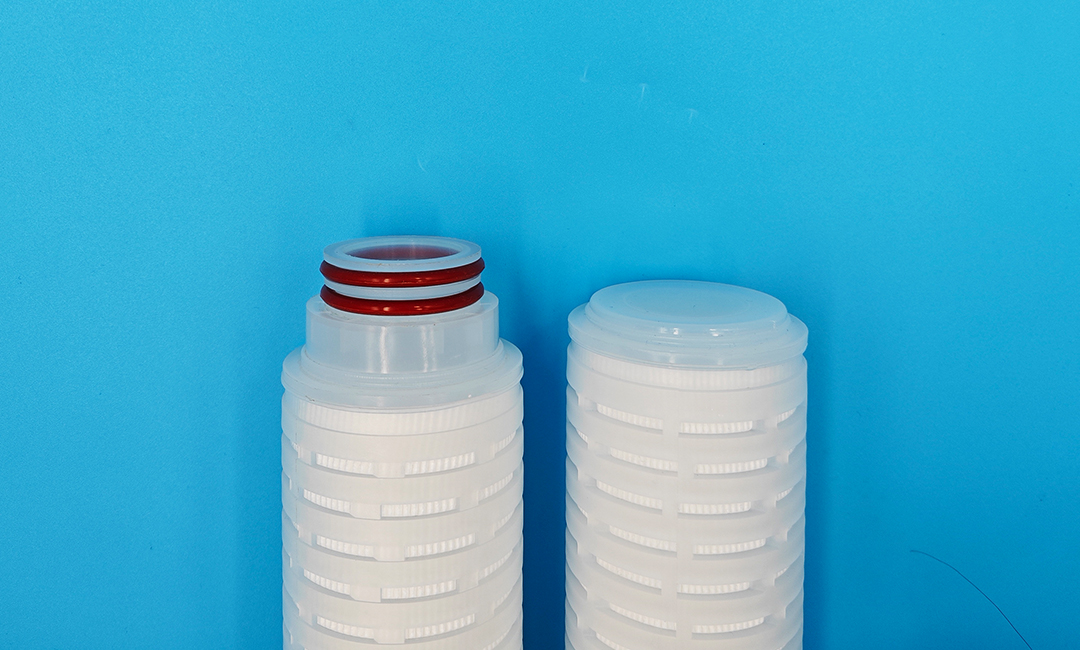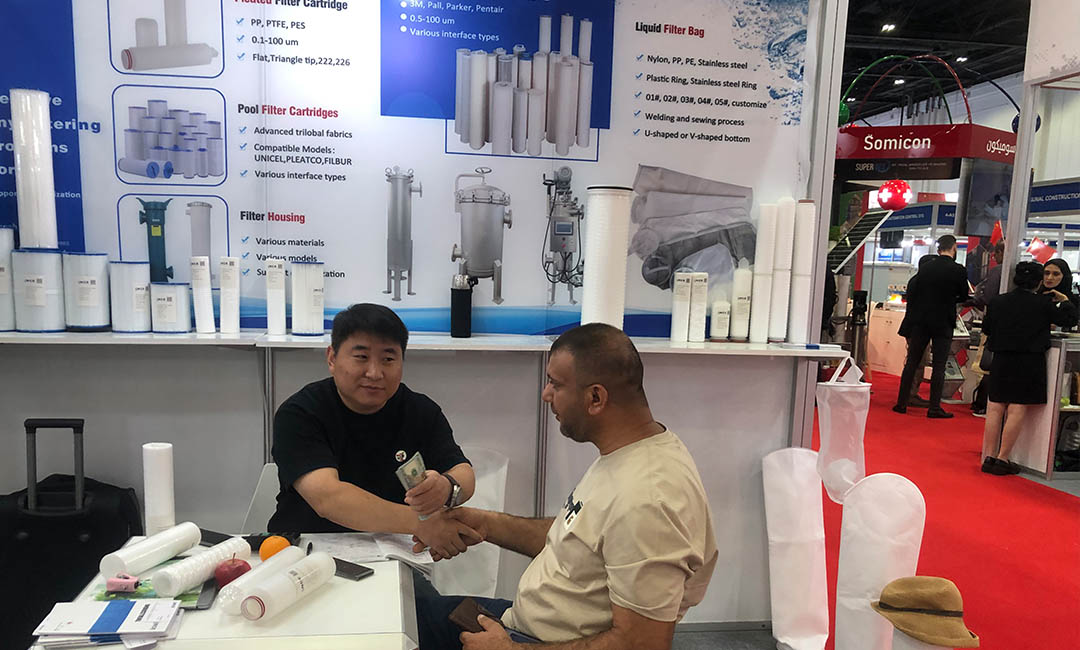
Industrial Pleated Filters: A Game Changer for Dust Control Systems
Benefits of Using Industrial Pleated Filters for Dust Control Systems
Industrial pleated filters have revolutionized the way dust control systems operate in various industries. These filters are designed to capture and remove dust particles from the air, ensuring a cleaner and healthier work environment. In this article, we will explore the benefits of using industrial pleated filters for dust control systems.

One of the key advantages of industrial pleated filters is their high efficiency in capturing dust particles. These filters are made of a pleated material that provides a large surface area for dust to be trapped. As a result, industrial pleated filters can capture a higher percentage of dust particles compared to traditional filters, making them more effective in maintaining air quality in industrial settings.
In addition to their high efficiency, industrial pleated filters are also durable and long-lasting. The pleated design of these filters allows them to withstand high air flow rates and pressure drops, making them ideal for use in industrial dust control systems. This durability ensures that industrial pleated filters can continue to perform effectively over an extended period, reducing the need for frequent filter replacements and maintenance.
Furthermore, industrial pleated filters are easy to install and replace, making them a convenient option for dust control systems. These filters can be quickly and easily installed in existing filtration systems, allowing for seamless integration into industrial processes. Additionally, the pleated design of these filters makes them easy to replace when necessary, minimizing downtime and ensuring continuous operation of dust control systems.
Another benefit of using industrial pleated filters for dust control systems is their cost-effectiveness. While these filters may have a higher initial cost compared to traditional filters, their high efficiency and durability result in long-term cost savings. By capturing a higher percentage of dust particles and lasting longer than traditional filters, industrial pleated filters can reduce the overall maintenance and replacement costs associated with dust control systems.
Industrial pleated filters also contribute to improved air quality in industrial settings. By effectively capturing dust particles, these filters help to reduce airborne contaminants that can pose health risks to workers and damage equipment. This improved air quality not only creates a safer and healthier work environment but also enhances the overall efficiency and productivity of industrial operations.
In conclusion, industrial pleated filters are a game-changer for dust control systems in various industries. Their high efficiency, durability, ease of installation, cost-effectiveness, and contribution to improved air quality make them an ideal choice for maintaining clean and healthy work environments. By investing in industrial pleated filters, industries can ensure effective dust control and enhance the overall performance of their operations.
How Industrial Pleated Filters Improve Air Quality in Industrial Settings
Industrial pleated filters have become a game changer for dust control systems in industrial settings. These filters are designed to improve air quality by capturing and removing harmful particles from the air, making the environment safer and healthier for workers. In this article, we will explore how industrial pleated filters work and the benefits they offer for dust control systems.
One of the key advantages of industrial pleated filters is their high efficiency in capturing particles. These filters are made of a pleated material that provides a large surface area for trapping dust and other contaminants. As air passes through the filter, the particles are captured and held in place, preventing them from being released back into the environment. This helps to reduce the amount of dust and other pollutants in the air, improving overall air quality in the industrial setting.
In addition to their high efficiency, industrial pleated filters are also durable and long-lasting. These filters are designed to withstand the harsh conditions of industrial environments, including high temperatures, humidity, and exposure to chemicals. This durability ensures that the filters will continue to perform effectively over time, providing consistent protection against airborne contaminants.

Another benefit of industrial pleated filters is their ease of installation and maintenance. These filters are designed to be easily installed in existing dust control systems, making it simple to upgrade to a more efficient filtration solution. Additionally, industrial pleated filters are easy to clean and maintain, requiring minimal downtime for maintenance and replacement. This helps to reduce overall operating costs and ensure that the dust control system remains effective in protecting air quality.

Industrial pleated filters are also versatile and can be customized to meet the specific needs of different industrial applications. These filters are available in a variety of sizes and configurations, allowing them to be tailored to fit different types of dust control systems. Whether used in a large industrial facility or a small workshop, industrial pleated filters can be adapted to provide effective filtration for a wide range of applications.
Overall, industrial pleated filters are a valuable tool for improving air quality in industrial settings. These filters offer high efficiency in capturing particles, durability in harsh environments, ease of installation and maintenance, and versatility in meeting specific application needs. By incorporating industrial pleated filters into dust control systems, industrial facilities can create a safer and healthier environment for workers, while also reducing the impact of airborne contaminants on equipment and machinery.
In conclusion, industrial pleated filters are a game changer for dust control systems in industrial settings. These filters offer a range of benefits, including high efficiency in capturing particles, durability in harsh environments, ease of installation and maintenance, and versatility in meeting specific application needs. By investing in industrial pleated filters, industrial facilities can improve air quality, protect the health and safety of workers, and ensure the long-term effectiveness of their dust control systems.
Tips for Choosing the Right Industrial Pleated Filters for Your Dust Control System
Industrial pleated filters have become a game changer for dust control systems in various industries. These filters are designed to capture and remove dust particles from the air, improving air quality and creating a safer work environment. With the increasing focus on workplace safety and environmental regulations, choosing the right industrial pleated filters for your dust control system is crucial.
When selecting industrial pleated filters, there are several factors to consider to ensure optimal performance and efficiency. The first consideration is the filtration efficiency of the filters. Filtration efficiency refers to the ability of the filters to capture and retain dust particles of various sizes. High-efficiency filters are capable of capturing smaller particles, providing better air quality and reducing the risk of respiratory issues among workers.
Another important factor to consider is the filter media. The filter media is the material used to trap dust particles as air passes through the filter. Common filter media materials include polyester, fiberglass, and synthetic fibers. Each material has its own advantages and disadvantages, so it is important to choose a filter media that is suitable for the specific dust control needs of your facility.
In addition to filtration efficiency and filter media, the size and shape of the filters should also be taken into consideration. Industrial pleated filters come in a variety of sizes and shapes to fit different types of dust control systems. It is important to choose filters that are compatible with your existing system to ensure proper installation and optimal performance.

Furthermore, the operating conditions of your facility should also be considered when choosing industrial pleated filters. Factors such as temperature, humidity, and airflow can impact the performance of the filters. It is important to select filters that are designed to withstand the specific operating conditions of your facility to ensure long-lasting performance and efficiency.
When selecting industrial pleated filters, it is also important to consider the maintenance requirements of the filters. Regular maintenance is essential to ensure the filters continue to operate effectively and efficiently. Some filters may require more frequent replacement or cleaning than others, so it is important to choose filters that are easy to maintain and replace.
In conclusion, industrial pleated filters are a crucial component of dust control systems in various industries. Choosing the right filters is essential to ensure optimal performance, efficiency, and air quality in your facility. By considering factors such as filtration efficiency, filter media, size and shape, operating conditions, and maintenance requirements, you can select industrial pleated filters that meet the specific needs of your dust control system. Investing in high-quality filters will not only improve air quality and safety in your facility but also ensure compliance with environmental regulations.

